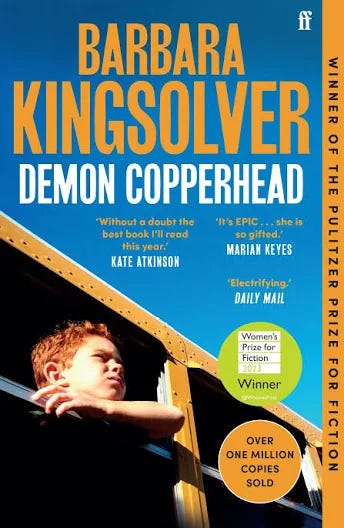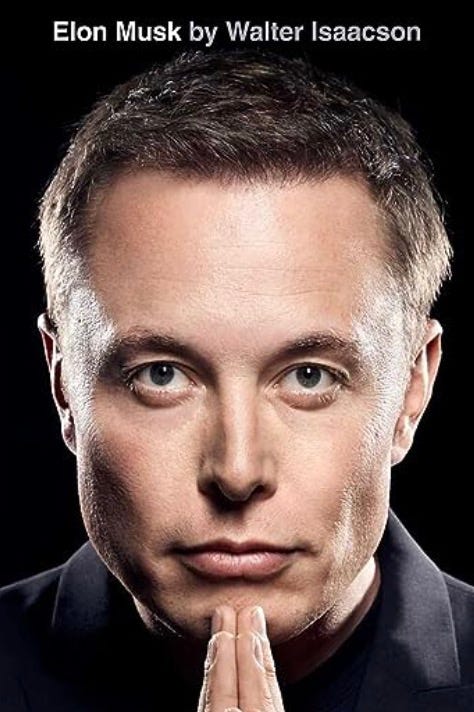
Dear Reader
It’s International Pirate – oh sod off, seriously? – Day any day now in this oddball timeline we find ourselves rattling our way down. But being of the zag–while–they–zig persuasion, Antonym readers expect a little more than ARRRRs and parrot jokes. So we’re kicking off with the least glamorous, sleaziest pirates about: the obituary pirates.
Obituary pirating, reports WIRED magazine, involves copying and republishing obituaries from funeral homes and websites like Legacy.com. These piracy websites often employ effective search engine optimisation techniques to appear at the top of search results. They then capitalise on the resulting traffic by charging a premium for digital ads that accompany text copied verbatim from funeral homes, local newspapers, and other authorised obituary publishers. In some cases, these pirate sites go that teensy-bit further down the moral spiral by manipulating grieving individuals into purchasing sympathy gifts like candles or flowers, and keeping the money for themselves.
SEO – truly the dark arrrrrt.
If you read one thing about AI this week
Read this.
Or listen to this…
Major Digital had me on their podcast which came out this week talking about… you guessed it, AI. It was a lovely conversation. If you want to have a listen it’s on Spotify and quality podding things everywhere now…
What’s about to happen to marketing
On Wednesday we put on the second of the Brilliant Noise webinars about Generative AI and marketing. It was a lot of fun, not least because we had the help of InspoHub, a production company with deep expertise in live online events. So the WHAT’S ABOUT TO HAPPEN TO MARKETING event was brought to you by the mastermind of the recent video games World Cup and many a luxury-car launch. The investment is worth it, ironically, when one of the themes was that the marginal cost of content production will move to zero.
Frankly, the problem is that there is too much to say. So it’s time to start developing the more in-depth briefings. We’re going to be running paid events soon so that we can go into more depth without having to hire us to come to your office. Although you can do that too if you like.
There will be video highlights and notes going out to BN.Edition subscribers next week, but if you’d like a preview, the raw recording is up on YouTube. Here’s a link that starts at the beginning…
We shape our tools…
Maybe four or five thousand years ago, a Sussex resident sat down and patiently, deftly, repeatedly hit one chunk of flint with another, taking away flake after flake until they had the shape they wanted: a deadly spearhead. It may have been possible for a discerning eye to distinguish this person’s work from another’s. A kind of precision, or tell-tale patterns, subtle tells like an artist’s brush strokes. There may have been something like a production line at the flint quarry – a group of people working together, sharing, comparing, offering help with tricky bits – but every arrow head, hand-axe and spear-point would be unique.
Thirty years ago someone found that arrowhead. And this week someone placed it in a 3D scanner and made a virtual model of it. You can look at that model now, turn it round and admire the work, the gap of time between you and it.
Brighton scanning specialists 3Dify describe it on their Instagram:
A render of a Neolithic Laurel Leaf spearhead #3dscan captured in our #photogrammetry studio.
Multiple photos of the object are used to build a digital #3dmodel that can then be used for digital or physical display.
We created a perfect 1:1 scale #3dprint on our desktop #3dprinter to make cheaply producable replicas
Damn, Jamboard… we hardly knew thee

So, adieu Jamboard. Pour one out for the enormous digital whiteboard. It is no more.
I first used a Jamboard for a workshop at Google’s training facility. I loved it and in a fit of enthusiasm ordered one for our office.
It became a joke. I couldn’t get people to use the thing. Despite the obvious-to-me benefits of being able to share whiteboard and post-it sessions. Of being able to collaborate remotely.
We liked computers. We liked whiteboards. Surely…
No. No. No. It ended up simply as a very nice screen for presentations. Other screens were 10% of the price and much, much lighter. We didn’t get another and when the pandemic came and we signed up to the distributed / shared office life the Jamboard didn’t find any takers on Gumtree and ended up as a ridiculously heavy gaming display.
Keep on Drucking
If you don’t know Peter Drucker, you’re not to be embarrassed. He was an influential and sensible management thinker who said lots of clever, insightful things about work and organisations. Example: he never said “Culture eats strategy for breakfast”, but is probably most often quoted with that line.
The Drucker Institute has made a game out of all of the quotes that are sometimes wrongly attributed to him, which I played and got as many wrong as right. I love the humility of it, and how the underline that Drucker was immune to the lure of the snappy headline or memorable soundbite. The quotes that are close to what was originally said, but embellishments are often better. Jim Collins often said Peter Drucker would be more influential if he said less. That culture eats strategy quote was an embellishment on:
“Culture—no matter how defined—is singularly persistent.”
Yes. Not quite the punch of the alternative.
This week I’ve been
Reading
This is your weekly reminder to read Demon Copperhead at your earliest convenience. I’ve finished it now, but it’s still echoing round my mind. At the time of writing it’s £5 on Amazon for the paperback and £1.99 for the Kindle version.
Sample its genius:
Live long enough, and all things you ever loved can turn around to scorch you blind. The wonder is that you could start life with nothing, end with nothing, and lose so much in between.
Elon Musk, by Walter Isaacson is worth overriding your hype-aversion and distaste for the idiot-savant and reading immediately. I thought I would find it interesting to read about how Musk organised his work, but although the book delivers on that, it’s really one of its lesser rewards to the reader. I’m about a quarter of my way through the 700-odd pages and surprised to discover that it’s hard to put down. Partly this is the colour and strangeness of the man’s life even before he becomes “an internet millionaire”, but also because the stories are just so well told.
Here’s an excerpt from when in 2001 Musk and some early collaborators on his rocket project are coming back from Russia, where they have failed to make a deal to buy some decommissioned Soviet missiles:
Cantrell and Griffin, sitting in the row behind him, ordered drinks and laughed. “What the fuck do you think that idiot-savant is doing up there?” Griffin asked Cantrell. Musk turned around and gave them an answer. “Hey, guys,” he said, showing them the spreadsheet, “I think we can build this rocket ourselves.”
When Cantrell looked at the numbers, he said to himself, “I’ll be damned—that’s why he’s been borrowing all my books.” Then he asked the flight attendant for another drink.
Annnnd, that’s all we have the will for this week. If you liked this, please stick a share on it or express your approval in any of the ways made possible by the internet.
See you next week,
Antony










